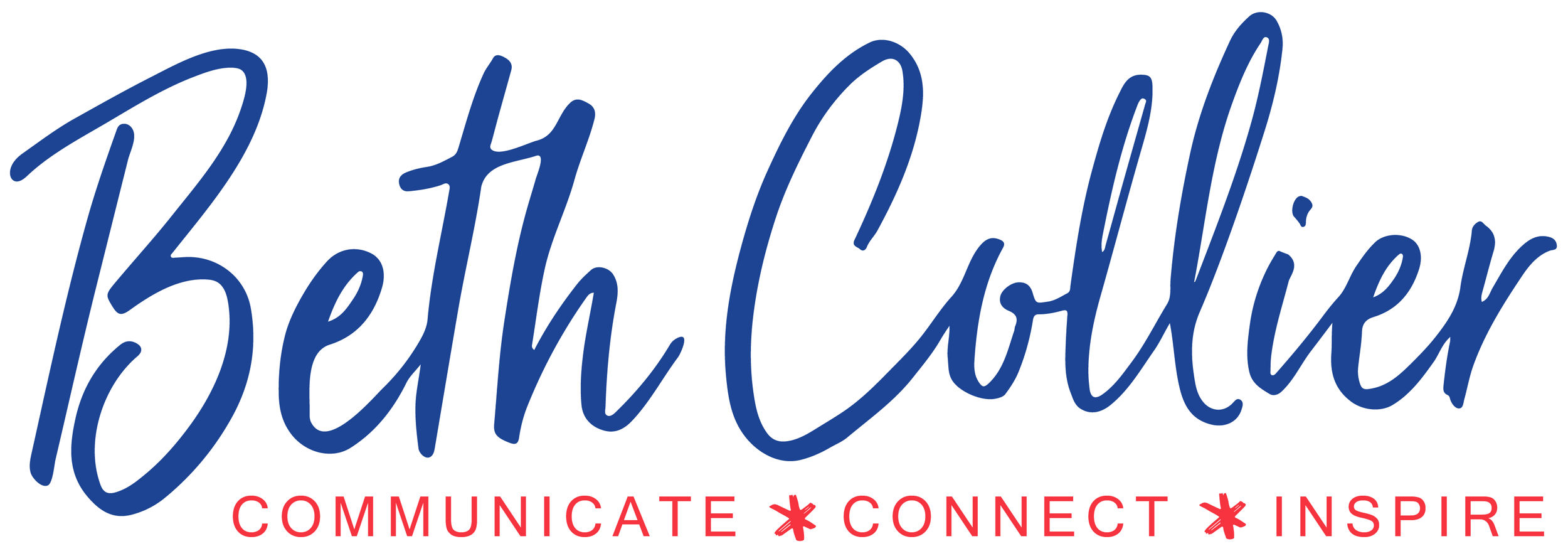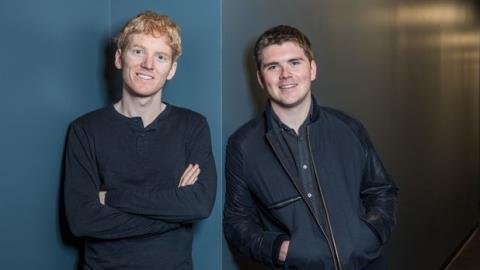Another Tale of Two Layoffs
Looks like Mark’s been peeking at John and Patrick’s homework…
There are a few things you can count on at this time of year.
Commercials that tug at your heartstrings.
Seasonal pies made of mince and pumpkin.
And companies laying off employees… just in time for the holidays.
Last week, the Layoff Season kicked into high gear with announcements from online payments company Stripe and the social media mess that is Twitter.
And this week, Mark Zuckerberg’s company “Meta” joined the layoff party.
Mark Zuckerberg added to the tech layoffs this week
I saw the announcement from Zuckerberg announcing the layoffs on Wednesday, read through the first few paragraphs, and immediately double checked the source.
With all the fake “verified” accounts on Twitter right now, it’s hard to know what information can be trusted.
But seeing it was legit, I read on.
And my first thought afterwards was … Beyoncé.
Specifically, her song Déjà Vu.
The note from Zuckerberg felt eerily similar to the note Patrick and John Collison shared last week announcing Stripe’s layoffs.
Stripe’s co-founders Patrick and John Collison
I printed a copy of both and set them down next to each other – and compared them paragraph by paragraph.
The Stripe email begins:
“Today we’re announcing the hardest change we have had to make at Stripe to date. We’re reducing the size of our team by around 14%...”
The Meta announcement begins:
“Today I’m sharing some of the most difficult changes we’ve made in Meta’s history. I’ve decided to reduce the size of our team by about 13%...”
Stripe continues:
“…we’re very sorry to be taking this step and John and I are fully responsible for the decisions leading up to it.”
And Meta:
“I want to take accountability for these decisions and for how we got here...I’m especially sorry to those impacted.”
Stripe:
“At the outset of the pandemic in 2020, the world rotated overnight towards e-commerce.”
Meta:
“At the start of Covid, the world rapidly moved online and the surge of e-commerce...”
And it continued:
Stripe:
“How we’re handling departures”
There’s no good way to do a layoff…”
Meta:
“How will this work?
There is no good way to do a layoff...”
Meta then detailed the severance pay and other benefits departing employees would receive, like healthcare and career support, using the same order and bullet point structure as Stripe.
[Interestingly, I did notice that Meta was offering 16 weeks of severance (vs 14 weeks of severance from Stripe). However, departing Stripe employees will also receive their 2022 annual bonus. Meta does not mention a bonus payment.]
Both companies list “Immigration support” as the final point in their list.
And again, it feels like the Meta has taken inspiration from Stripe again, but with a subtle change.
Stripe:
“We know that this situation is particularly tough if you’re a visa holder.”
Meta:
“I know this is especially difficult if you’re here on a visa.”
And the departing employees?
Stripe says:
“There are many truly terrific colleagues departing who can and will do great things elsewhere.”
While Meta says:
“The teammates who will be leaving us are talented and passionate…” and will “do great work at other places.”
Both Stripe and Meta close their messages in a similar way.
Stripe’s heading says: “Going forward”, while Meta asks, “How do we move forward?
They both then make confident statements about the possibilities for their companies.
You can say that this is a standard format for communicating layoffs.
I won’t argue with that.
These announcements follow a storytelling structure.
They set the scene, provide context, then go into the specifics of what’s happening, and close with a message of optimism about the future ahead.
Brian Chesky also used this kind of structure in 2020 when he announced layoffs at Airbnb.
But here’s the thing…
If you read the Airbnb announcement and then the Stripe announcement, you’ll notice how they are similar – but more importantly, how they are different.
And what struck me reading the announcement from Mark Zuckerberg was just how similar it felt to the note Patrick and John Collison shared last week.
It reminded me of a kid copying something from Wikipedia word for word, and then changing a few words so he could deny being a plagiarist.
Though in parts, I wonder if John and Patrick Collison had the same feeling that Ricky Gervais did last week when he heard James Corden tell a joke that sounded a lot like the one Ricky told in his 2018 Netflix special.
Given Zuckerberg’s been accused of stealing ideas before, you’d think someone would be extra careful with the words they attribute to him.
But here’s the bottom line:
If you are preparing layoff communication, it is smart to look at what others have done – and how it has been received.
We’ve been given so many examples of layoff communication in the last two years alone – from Bird, Weight Watchers, Sephora, Uber – and more recently from P&O Ferries and, of course, Twitter.
Plenty of companies have made communication mistakes that you don’t have to make – and you would be wise to take inspiration and learn from them.
But don’t copy them.
Make your work your own.
***********************************************************
Beth Collier loves writing, pop culture, and analyzing corporate communication examples (really!).
She also loves helping companies, leaders, and teams improve their communication (and creativity and leadership) through consulting, coaching, and workshops.
Her clients benefit from Beth’s global corporate experience, Midwestern practicality and enthusiasm, and an endless supply of pop culture references.
To find out how Beth can help you become a more confident, creative, and compelling leader – or improve communication in your company – visit www.beth-collier.com or drop her a line at beth@beth-collier.com
__________________________________________
Want a dose of positivity and fun in your inbox?
Sign up to receive my free newsletter, Curious Minds.
Each week you'll get insights that mix curiosity with business, history, or pop culture.






